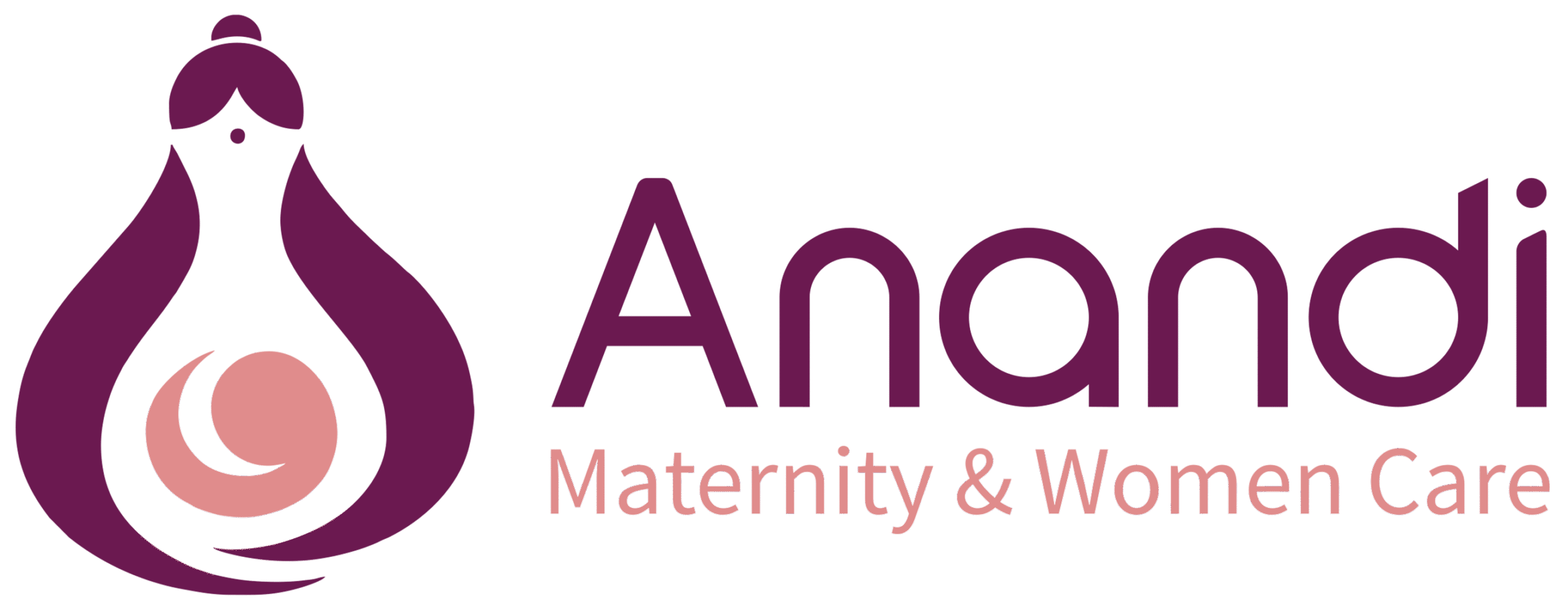Bringing a baby into the world is a life-changing experience, and the postpartum recovery process is just as important as childbirth itself. Every mother’s journey is unique, and proper postpartum care is essential for physical and emotional well-being.
Whether you’ve had a vaginal birth or a cesarean delivery, expert medical care and personalized recovery plans can help navigate the challenges of postpartum healing. From managing hormonal changes to strengthening the pelvic floor and abdominal muscles, the right guidance ensures a smooth transition into motherhood.
What to Expect in Postpartum Recovery
The postpartum recovery journey varies for every mother, but understanding what to expect can help make the transition smoother. The body undergoes significant changes after childbirth, from hormonal shifts to physical healing, and knowing what’s normal can ease concerns.
Post-Pregnancy Recovery Timeline
The physical recovery process typically spans six to eight weeks, but some aspects, such as uterine involution, perineal tissue healing, and abdominal muscle recovery, may take longer. Recovery time depends on various factors, including vaginal birth or cesarean delivery and overall health.
Hormonal Changes and Their Effects
The sudden drop in pregnancy hormones can lead to emotional fluctuations. Many new mothers experience postpartum blues, while some may struggle with postpartum depression. These hormonal shifts can also affect breastfeeding, energy levels, and even hair loss. Understanding these changes can help with adjusting to life after birth.
Physical Recovery After Pregnancy
After childbirth, the uterus gradually shrinks back to its pre-pregnancy size—a process known as uterine involution. This natural recovery can take several weeks and may involve mild cramping, often referred to as afterpains.
Lochia: Understanding Postpartum Vaginal Discharge
The body naturally expels blood, mucus, and tissue from the uterus in three stages: lochia rubra, lochia serosa, and lochia alba.
Episiotomy Healing & Perineal Tissue Recovery
For mothers who had a vaginal tear or an episiotomy, healing can take a few weeks. Pain relief measures, hygiene practices, and perineal care can promote a smoother recovery.
Managing Pain After Vaginal Birth
Perineal soreness and pelvic discomfort are common postpartum symptoms. Pain management techniques, including Kegel exercises and pelvic floor rehabilitation, can help in recovery.
Cesarean Delivery Recovery
Recovering from a C-section requires special care, as it involves both abdominal muscle recovery and incision healing.
C-Section Recovery Timeline
Unlike vaginal birth recovery, cesarean delivery recovery typically takes longer. Most mothers stay in the hospital for 3 to 4 days, with full recovery taking 6 to 8 weeks. Rest, proper wound care, and gentle movement are essential during this time.
Scar Care & Healing After a C-Section
Proper incision care is crucial to prevent infection and promote healing.
- Incision Healing Stages – The first two weeks involve reducing swelling, keeping the area clean, and avoiding strain.
- Minimizing Scarring – Using doctor-approved ointments and avoiding excessive sun exposure can help reduce scar visibility.
- Signs of Infection – Redness, swelling, or discharge may indicate an infection and require immediate medical attention.
Managing Pain and Regaining Mobility
Post-surgical discomfort in the abdominal and pelvic regions is normal. Pain management strategies include:
- Gentle movements to prevent stiffness and improve circulation.
- Support belts or binders to assist with abdominal muscle recovery.
- Pelvic floor rehabilitation exercises to rebuild strength safely.

Pelvic Floor Rehabilitation & Abdominal Muscle Recovery
Pregnancy and childbirth put immense pressure on the pelvic floor and abdominal muscles, making rehabilitation essential for postpartum recovery.
Why Pelvic Floor Health Matters
The pelvic floor muscles support the bladder, uterus, and bowel. After childbirth, many women experience:
- Urinary leakage when coughing, sneezing, or laughing.
- Pelvic organ prolapse due to weakened muscles.
- Pain during intercourse from muscle tightness or weakness.
Kegel exercises and physical therapy help restore strength and prevent long-term issues.
Healing Abdominal Muscles Postpartum
Diastasis recti, the separation of abdominal muscles due to pregnancy, can lead to a weak core and lower back pain. Recovery programs typically include:
- Gentle core exercises to close the muscle gap.
- Postural corrections to support proper healing.
- Physical therapy for severe abdominal separation.
Breastfeeding After Childbirth
Common Challenges in Breastfeeding
Many new mothers face difficulties, such as:
- Latch issues leading to discomfort and ineffective feeding.
- Low milk supply due to hormonal changes.
- Engorged breasts causing pain and difficulty nursing.
- Cracked or sore nipples requiring proper care and positioning techniques.
Lactation consultants provide personalized solutions to ensure a smooth breastfeeding experience.
Emotional Well-Being Postpartum
The postpartum period is a time of intense emotional changes. Many new mothers experience a mix of joy, exhaustion, and unexpected mood shifts due to hormonal fluctuations.
Postpartum Blues vs. Postpartum Depression
Symptoms of postpartum blues include:
- Mood swings and irritability.
- Crying spells without a clear reason.
- Anxiety or restlessness.
- Difficulty sleeping, even when the baby is asleep.
These symptoms usually resolve within two weeks. However, if they persist, postpartum depression may be a concern and require medical attention.
Managing Emotional Stress After Childbirth
Caring for a newborn can feel overwhelming. Effective strategies include:
- Seeking breastfeeding support to reduce stress-related challenges.
- Practicing relaxation techniques to manage anxiety.
- Prioritizing self-care for mental and emotional balance.
Common Postpartum Discomforts & Healing Strategies
Many mothers experience discomfort during postpartum recovery. Proper care and management can ease these symptoms.
- Managing Perineal Pain & Hemorrhoids – Cold packs, sitz baths, and fiber-rich diets can help.
- Dealing with Urinary & Fecal Incontinence – Kegel exercises and hydration support bladder and bowel control.
- Addressing Constipation & Digestion Issues – Drinking fluids, eating fiber-rich foods, and light exercises aid digestion.
- Hot and Cold Flashes – Wearing breathable fabrics and staying hydrated help regulate body temperature.
Postpartum Care & Lifestyle Adjustments
Recovering from childbirth isn’t just about rest—it’s about adopting habits that support overall well-being.
- Exercise & Physical Activity – Gentle postpartum workouts, including walking and pelvic tilts, rebuild strength.
- Sex & Birth Control Postpartum – Doctors typically recommend waiting 4-6 weeks before resuming sexual activity. Safe contraception options include progestin-only pills, IUDs, or barrier methods.
When to Seek Medical Attention
While most postpartum symptoms are part of the natural healing process, certain warning signs require immediate medical care:
- Heavy vaginal bleeding (soaking more than one pad per hour).
- Severe abdominal pain or swelling.
- Signs of infection (fever, chills, or foul-smelling discharge).
- Sudden leg pain or swelling (potential deep vein thrombosis).
- Breathing difficulties or chest pain (possible blood clot).
Emotional Health Concerns
Seek professional help if experiencing:
- Persistent sadness, anxiety, or detachment from the baby.
- Suicidal thoughts or feelings of hopelessness.
- Intense mood swings interfere with daily life.
Comprehensive Postpartum Recovery Care at Anandi Hospital
The postpartum period is a time of transformation, both physically and emotionally. While pregnancy gets much attention, postpartum recovery is equally important. Seeking proper medical guidance ensures a safe and smooth recovery.
At Anandi Hospital, expert care is available at every step—helping mothers heal, regain strength, and adjust to life with their newborns. Motherhood is a journey—starting strong makes all the difference.
